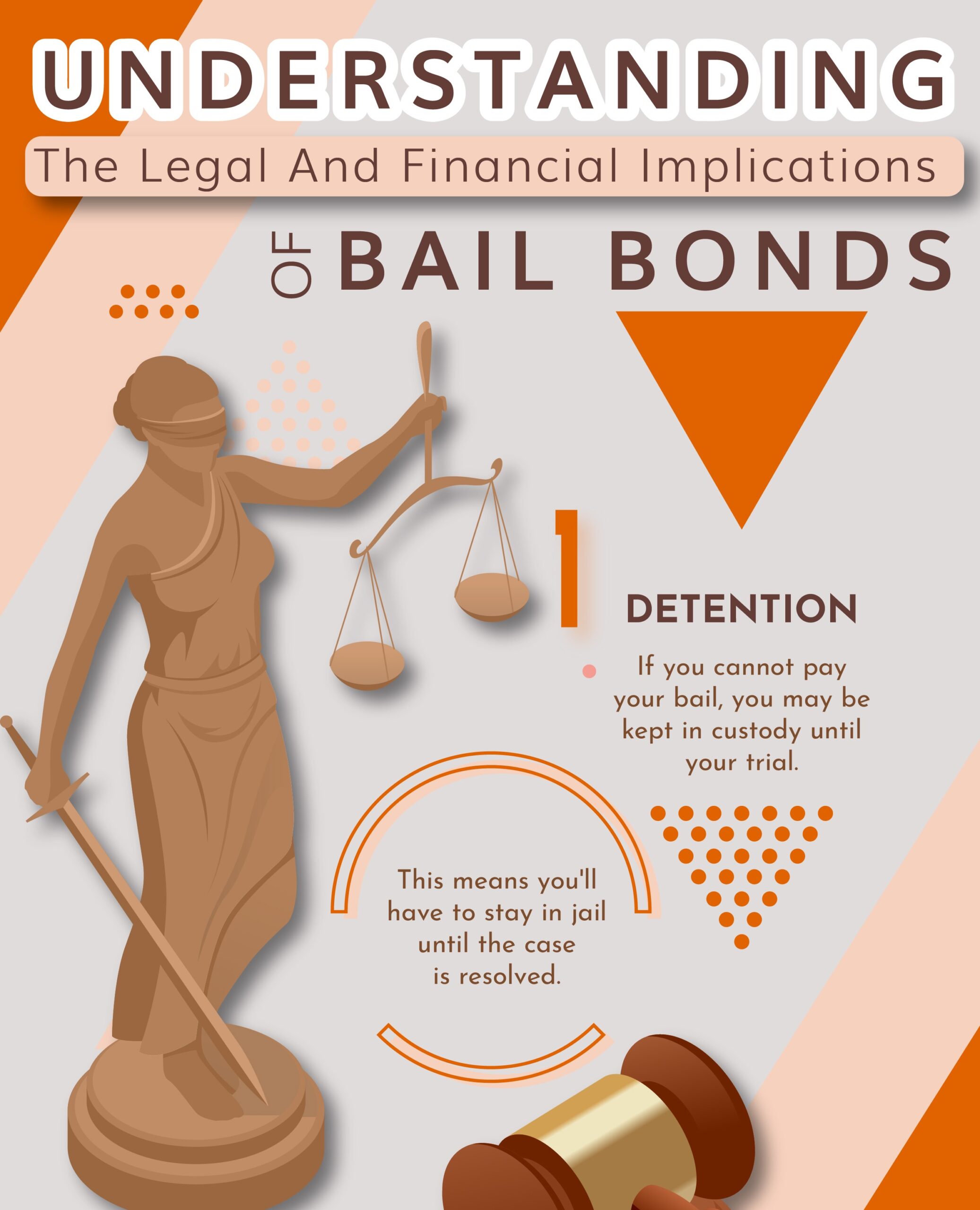When accused of a crime, there are chances of issuance of a search warrant by the court. A legal issue can is full of uncertainty, anxiety, fear, and tension. Even the thought of a search warrant can make people anxious and worried.
It is always better to consult a professional to deal with legal issues. Using a bail bond service when a search warrant is issued in your name can provide several reasons and benefits.
DeLaughter Bail Bonds is considered to be one of the best bail bonds agencies in Indiana Counties for its expert services. Here are some key reasons to consider utilizing a bail bond service in such a situation:
What Are The Reasons For the Use of Bail Bond For Search Warrants?
Legal Direction and Representation:
When a search warrant is issued under your name, it consists of different complexities. It is not only important to understand these complexities but be aware of your rights as well.
Using a bail bond service helps individuals understand the process of search warrants. The licensed bail bond agents help with legal complexities and your rights by guiding every step. DeLaughter Bail Bonds help individuals cope with situations like these efficiently.
Timely release:
When a search warrant is issued under your name, there are chances of arrest as well. Licensed bail bondsmen provide their services in this regard by offering quick release from jail through their bail bond services. They post bail on behalf of the defendant.
Financial support:
Dealing with legal matters can often involve significant financial burdens, such as posting bail. By using bail bond service you can get financial assistance from a licensed bail bonds agent. Licensed bail bondsmen post bail on behalf of the defendant by charging a certain percentage of the bail amount.
DeLaughter Bail Bonds is an affordable 24-hour bail bond service provider, that can take care of the financial stress that comes with search warrants.
Peace of mind:
Legal issues are stressful. Search warrants, arrests, etc. can have negative consequences mental health of a defendant. By using a bail bond service, you can have peace of mind as the licensed bail bondsmen will take care of all your legal matters in this case.
If arrested, they can post bail on your behalf, so you don’t have to worry about the finances and get out of jail quickly.
We, at DeLaughter Bail Bonds, provide guidance and support to our clients, ensuring their peace of mind.

Using Bail Bond Services Offered By Delaughter Bail Bonds Can Solve All Your Issues
Search warrants can be overwhelming and cause issues. This is where you need to collaborate with a licensed bail bonds agent.
DeLaughter Bail Bonds is a professional bail bonds service provider, serving clients in Kosciusko County, Wabash County, Whitley County, Huntington County, Grant County, Miami County, Fulton County, Allen County and other places in Indiana.
Using our bail bond service, you not only can get search warrant assistance but surety and transfer bonds as well, in case of arrests.
So, get in touch with us TODAY and live a stress-free life.
















